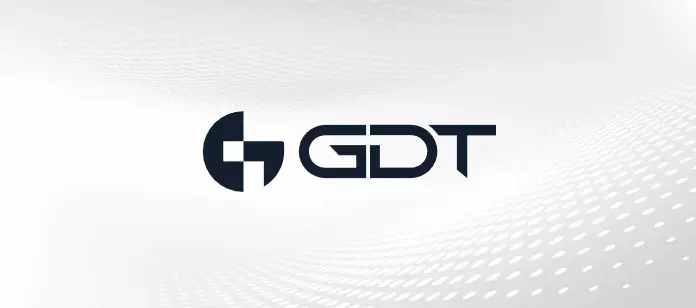As if they don’t have enough going on, Google just launched its first cybersecurity company. In the event you missed the announcement, you’re not alone. Oddly, the launch was disclosed in a January 24th blog post written by Stephen Gillett.
Alphabet, Google’s parent company, is technically responsible for lift off. The rocket’s name is Chronicle, and it’s currently being tested with several undisclosed Fortune 500 companies. Oh, yes, and Gillett is Chronicle’s new CEO.
According to Gillett, Chronicle will provide two (2) services:
- VirusTotal, an anti-malware intelligence service that Google purchased in 2012 and has been running since, and
- A cybersecurity intelligence and analytics program designed to help customers better manage and make sense of their own IT security-related data.
Like Google, Chronicle is an Alphabet subsidiary born out of X unit, also known as The Moonshot Factory, which is a department within its R & D incubator. Moonshot technologies make, in Alphabet’s words, “the world a radically better place.” It’s another way of saying that the technologies aren’t being developed to line their pockets, as much as to benefit humanity. Not that they’ll be giving away Chronicle for free. Sure, its “moonshot” origins sound noble, but Chronicle isn’t a philanthropic venture.
All that data…
Chronicle, at its core, is focused on the mountains of data that accumulates like dust on an exercise machine. They want to reduce the time it takes to discover attacks and, in an admirable act of vengeance, turn the tables on hackers. To accomplish this, Chronicle will utilize machine learning that, according to Gillett, is more advanced than anyone’s in the IT security space.
Chronicle promises to address a security-related issue that gets worse by the day—the proliferation of alerts, many false positive, that can’t be managed by the majority of infoSec teams. Chronicle will analyze alerts to help personnel better determine which are the most critical, and most likely, to represent genuine threats.
According to Gillett’s blog post, “We want…to capture and analyze security signals that have previously been too difficult and expensive to find. We are building our intelligence and analytics platform to solve this problem.”
Cybersecurity concerns? Talk to these folks
To find out how to secure your organization’s network and protect its mission critical data, contact GDT’s tenured and talented engineers and security analysts at SOC@GDT.com. From their Security and Network Operations Centers, they manage, monitor and protect the networks of companies of all sizes, including those for some of the most notable enterprises, service providers, healthcare organizations and government agencies in the world. They’d love to hear from you.



